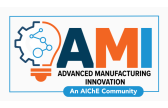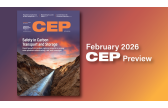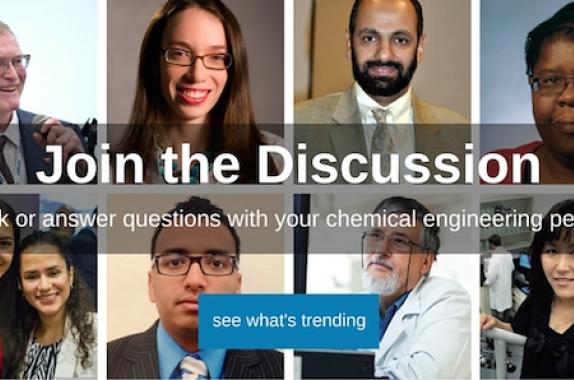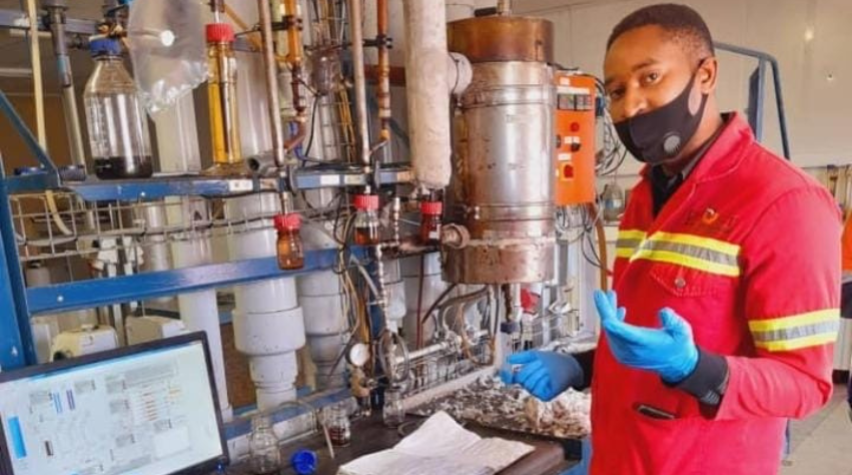
Process engineers play a crucial role in driving innovation and efficiency across industries like petrochemicals, pharmaceuticals, food, and more. In this series, we spotlight the dedicated professionals who solve complex challenges and shape the future of these vital sectors. With over 800 members, The Community of Process Engineers is AIChE’s most active discussion group, connecting experts who make a real impact. Interested in being featured? Learn more and join the conversation at aiche.org/CPE.
This month, we introduce you to Kupakwashe Uzziel Dambanemweya, Junior Process Engineer at Brightell Refractory Solutions. He discusses his career path, the challenges he’s overcome, and why his work matters.
Tell us a bit about your work as a process engineer.
As a process engineer, I work on projects focused on mineral processing and extractive metallurgy, emphasizing innovative solutions for treating refractory ores and exploring cleaner processing techniques. My work involves optimizing metallurgical processes to boost recovery efficiency, reduce environmental impact, and promote resource sustainability. I’ve also been involved in research and consultancy related to coal utilization in the iron and steel industry, focusing on coal blending strategies and integrating clean coal technologies. These projects balance industrial efficiency with environmental responsibility by incorporating carbon management and cleaner energy principles. Through this work, I help advance sustainable mineral and energy processing practices while supporting industrial innovation aligned with circular economy goals and the global transition toward greener technologies.
Why did you become a process engineer?
I became a process engineer because I grew up in a community where essential systems constantly failed. Rusty water pipelines, leaking equipment, and frequent power cuts were just everyday life. These challenges showed me the urgent need for practical, sustainable engineering solutions. I wanted to diagnose problems and design systems that work better for people and the environment. Chemical and process engineering drew me in because it offers a broad platform for innovation—from alternative energy and water treatment to materials engineering and process optimization. It's a field that transforms raw resources into valuable products responsibly and efficiently. This career let me align my passion for problem-solving with my desire to create technologies that improve quality of life and support sustainable industrial development.
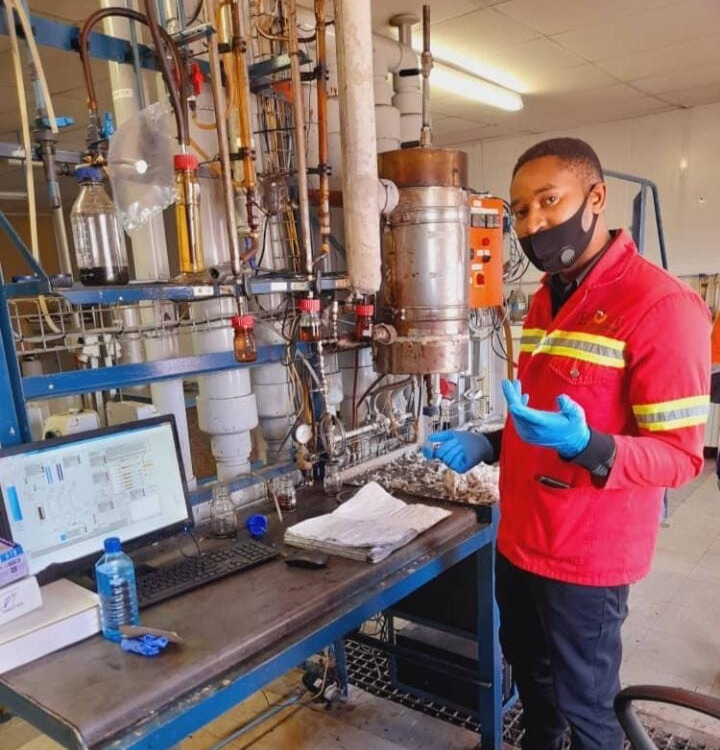
What are some of the biggest challenges you face in your role as a process engineer?
One of my biggest challenges is working in an industry that never stops evolving. The rapid pace of technological advancement means that if you're not consistently learning, upskilling, and adapting, you risk becoming irrelevant. Emerging technologies—automation, digitalization, sustainability-driven innovations—demand continuous professional development and lifelong learning. Another major challenge is change management. Communicating new ideas, technologies, or process improvements to stakeholders can be difficult, especially when people resist change. Even when proposed solutions are innovative, cost-effective, and sustainable, convincing decision-makers and operational teams to adopt them requires strong technical justification, leadership, and communication skills. Balancing safety, cost, environmental responsibility, and efficiency while meeting both company goals and global sustainability standards isn't always easy. Despite these challenges, they push me to think critically, stay innovative, and remain proactive in contributing to a more efficient and sustainable industrial future.
How is your work as a process engineer critical to your particular job assignment or industry?
My work as a process engineer is critical in the chemical and mineral processing industries because these environments involve hazardous materials and high-risk operations. If we don't properly identify, control, or design chemical hazards out of the process, they can lead to serious environmental, social, or catastrophic consequences. My role requires active participation in technical decision-making, ensuring we adhere to safe operating practices and promote sustainability. I work on projects that integrate inherently safer design principles, conduct hazard identification and risk assessments (HIRA), and explore alternative processes that reduce waste, emissions, and environmental impact. Beyond process design, my responsibilities extend into quality management and system integration, where I help align operations with standards like ISO and responsible care principles. This work builds a strong safety culture, regulatory compliance, and community engagement by ensuring environmental stewardship and social responsibility in industrial operations.
What do you think is most important about what you do as a process engineer?
What I find most important is designing solutions that prioritize safety, sustainability, and societal well-being. Process engineering goes beyond production—it ensures operations are efficient, safe, environmentally responsible, and aligned with corporate social responsibility. What excites me most is integrating safety into every stage of process design, rather than treating it as an afterthought. I believe true engineering excellence lies in creating systems that protect people, the environment, and assets while achieving production goals. My work also involves considering the full product life cycle and incorporating circular economy principles, waste minimization, and carbon capture technologies to reduce environmental impact. Knowing my decisions can lead to cleaner, safer, and more sustainable industrial practices is what makes this profession meaningful and impactful to me.
Connect with Kupakwashe on AIChE Engage
Join the Community of Process Engineers

The Community of Process Engineers is brought to you by Scott & Karen Love. Their support enables the AIChE Foundation to advance process engineers at every stage of their career allowing them to Do a World of Good.
Go to The Community of Process Engineers
If you are interested in learning more about professional development, networking, and interviewing, be sure to check AIChE Career DiscoveryTM, which is part of the Institute for Learning & Innovation (ILI). See upcoming instances of the Career Discovery Workshop on AIChE Academy and read more about the process here.




